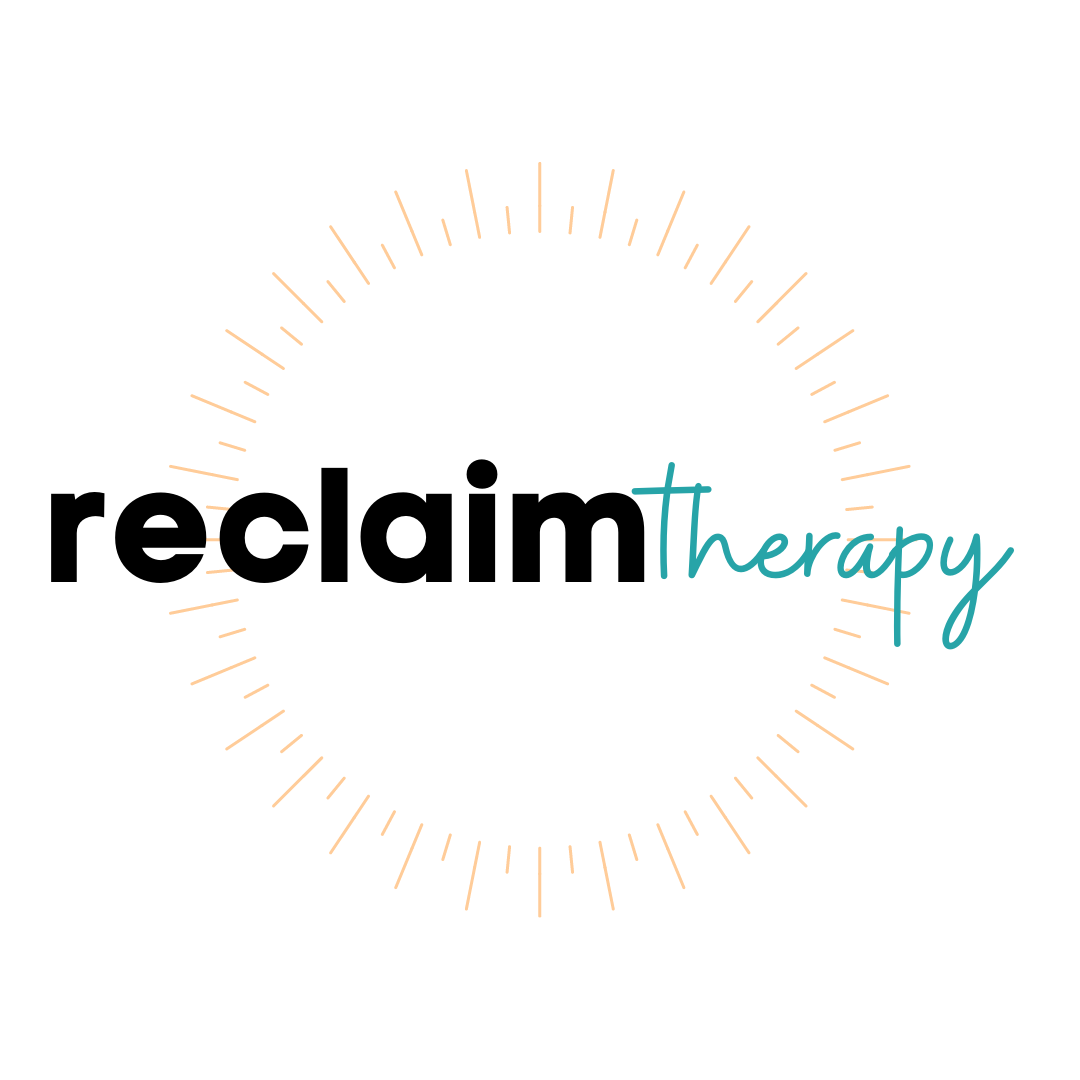How to Respond When Someone Comments on Your Body
In eating disorder recovery, food and body comments can be truly destabilizing.
This thanksgiving, we want you to feel supported in responding, preparing to respond, or building boundaries to protect from any food and body comments that might come.
We know that our society is heavily influenced by diet culture and many families of origin scrutinize food choices and body sizes. The comments and judgments that can stem from these comments are harmful and only perpetuate fat-phobia, disordered eating and body shame.
While we don’t have control over other people, we can feel more grounded and in charge of our own responses, or reactions to other people.
Here are five strategies to consider this Thanksgiving
1. Be direct.
Example: “I’m not interested in talking about my body, your body, or our food choices”
This one might not be the easiest to start with.
But, ya’ll, boundaries exist to protect you and support you to get your needs met. These conversations might be best had prior to your gathering, letting people know that it is triggering for you to hear comments about bodies or food choices.
If you’re not comfortable with being so direct, keep reading!
2. Be honest about how food and body comments make you feel.
Example: When you talk about your plate (or body) like that, it’s making me wonder if you’re judging mine. That feels really shitty. I’m doing my best not to judge myself or my food choices.
Another toughie! This one requires vulnerability. A couple things to consider before sharing your vulberability:
—> Is this a safe person who won’t gaslight you?
—> Does this person have the ability or capacity to hear you?
—> If you feel unheard, do you have the capacity to soothe and care for yourself? Do you have a go-to person who can support you?
3. Educate.
Example: I’ve been learning so much about the racist origins of the BMI and how diet culture profits off of our insecurities. Could I tell you about why comments like these are harmful? Would you be interest in learning more? I could recommend a podcast!
Some people don’t know what they don’t know.
We have all been indoctrinated into a culture obsessed with thinness without our consent. Through eating disorder therapy near me, healing work is done. Work that calls out and works to dismantle a hierarchy of bodies. Often, when people in our lives are ready to see the harm that diet culture does and has done, they can be more understanding and receptive to your boundaries.
Please know that you can’t do someone’s work for them.
But, if they’re receptive and ready to learn, and if you have capacity to point them in the right direction, it can be life altering.
4. Say nothing. Or, change the subject. Or, your strongest side eye 👀
You can walk away.
You can talk about the weather.
You can stare blankly back at them to send a strong message if you can’t find words.
You can talk about literally anything else.
Remember, just because someone else makes a comment, doesn’t mean you have to engage it.
5. Channel your wittiest response to create a break in the conversation.
Example: “Oh, I didn’t come prepared with extra opinions today! If you could keep yours to yourself, I’d really appreciate it.”
Here’s what’s important: the intention of using wit or humor isn’t to shame anyone. We don’t want to fight fire with fire, that’s a disaster waiting to happen.
But, when used in a way to breach harder topics, it can be a way to invite a break in a toxic conversation.
When there are breaks in the conversation there’s opportunity to implement points 1-4: draw a firm boundary, change the subject, get direct, share your feelings, or invite a deeper conversation.
Me? I’m not great at wit. Unless it’s 10 years later and I finally think of something I could have said to bring the interpersonal tension down a notch 🤪
A handful of things to talk about other than food or bodies
Literally anything
Your pets
Your most recent Netflix binge
What has been bringing you joy recently
A new hobby you’re interested in
The state of the world (proceed with caution, this one could get dicey!)
The kind of support you’re hoping to receive
Fun memories
The progress you’ve made in recovery (celebrate the crap out of that!)
A the end of the day, you know yourself best.
What responses are you most comfortable giving yourself permission to share?
There is no right or wrong.
Most importantly, you deserve to be free from comments that don’t support your recovery.
Hoping your holiday is what you need it to be, and that you’re surrounded by support.
🧡,
Reclaim Therapy is a team of eating disorder therapists near me who treat eating disorders and trauma.
Our therapists provide EDMR Therapy near me, therapy for binge eating disorder and therapy PTSD near me.
We believe that all people are worthy of reclaiming their lives from disordered eating and the culture that encourages and profits off of our shame. If you’re looking for online eating disorder treatment near me or PTSD therapy near me, we’re glad you found us. We’d be honored to support you in your healing and your recovery.



